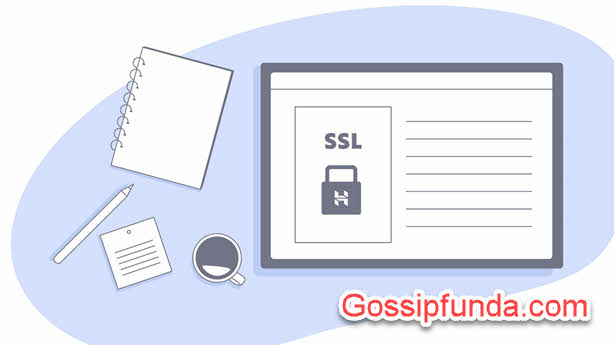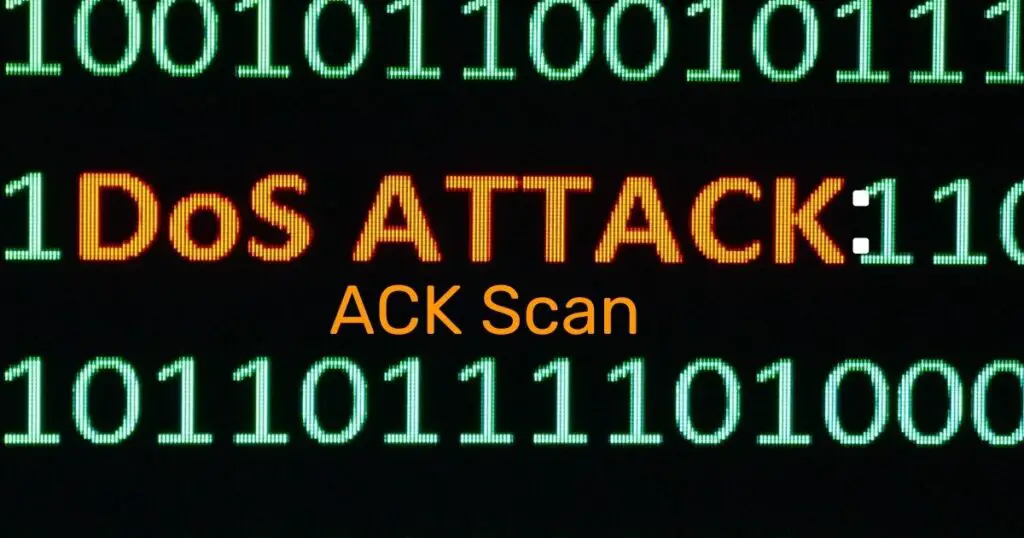The most frequently asked question among entrepreneurs is, “what is an SSL cert, and why would I need one?” Having an SSL-certified website has numerous advantages, not only for the website’s operator but also for the site’s viewers. Continue reading to find out all there is to know regarding SSL Certificates.
What Exactly is an SSL Certificate?
An SSL certificate is an electronic credential that verifies the identification of a webpage and allows for secure communication. Secure Sockets Layer (SSL) is a security mechanism that establishes an encrypted channel between a web host and a web client.

SSL certificates must be installed on a company’s or institution’s site to safeguard electronic banking and maintain client details highly confidential.
In a nutshell, SSL protects internet connections by preventing thieves from accessing or altering data sent between two systems. SSL safeguards the webpage you’re browsing if you see a lock symbol next to the URL in the search box.
Reasons Why an SSL is Essential
Security
The primary purpose of an SSL certificate is to secure data so that only the authorized receiver may read it. Data transferred through the web has a significant risk of falling into the wrong hands of a third party.
Because the SSL certificate encodes information, it contains random characters. Even if invaders can obtain these details, they will be unable to comprehend them.
As a result, SSL is great for encrypting sensitive data, including User IDs, passwords, and payment card details.
Verifies Your Identity
When it comes to web protection, identification authentication is one of the most crucial factors. The internet is undeniably deceitful.
While installing an SSL certificate, you must go through a verification procedure set up by a Certificate Authority, an impartial third party (CA).
The CA confirms your and your company’s identification based on the type of certificate you have. Once you’ve shown your title, your website will receive trust signals that attest to your honesty. Customers recognize who they’re speaking to whenever they see them.
Security For Your Subdomains
A Wildcard SSL certificate protects your primary website and all its subdomains with only one certificate. This is particularly important if you own a corporation or manage a large site with multiple subdomains. You’ll need to install individual certificates for every one of your subdomains if you use a basic SSL.
Stave off Phishing
Customers may sometimes get phishing emails, usually disguised as adverts or shipping confirmations, containing hyperlinks to another website. These websites exist solely to collect confidential data, such as credit card numbers.
Obtaining a legitimate SSL cert, unfortunately, is practically impossible for these websites. If users do not see an SSL certificate, they are unlikely to provide sensitive information.
Reputable Branding
An SSL certificate is required even if you do not operate an e-commerce site. It increases your clients’ faith in you. Consumers will not browse your website or purchase from you if they do not trust you. One of the aspects that demonstrates to customers that you are concerned about them is the use of an SSL certificate.
The most incredible thing about SSL certificates is that they are inexpensive and straightforward to set up. Once you’ve installed the certificate on your online platform, you’ll be presenting yourself as a trustworthy and competent company that values its customers.
Simplified Installation
Installing an SSL certificate does not necessitate technical expertise. Most modules start installing the certification with a few clicks. Some hosting providers provide professional assistance to install the certification for you 24 hours a day, seven days a week.
The basic steps will convert HTTP to HTTPS:
- Purchase an SSL certificate.
- If you’re using a shared web host, be cautious when installing the certificate.
- Every link should be changed from HTTP to HTTPS.
- To ensure the safety of your visitors, redirect them to the updated URLs.
- To guarantee safe monitoring, upgrade your various analytical tools and Search Engine.
Take Away
Are you intrigued about the SSL cert? There’s more to learn before you make the ultimate decision.
It is your obligation as the proprietor of a website to provide a safe place for your users and clients; as a result, you should obtain an SSL certificate from a trustworthy certificate authority and implement it on your web server. Now you all Know About the SSL Certificates.
Awill Guru is a technology enthusiast with degrees in VLSI Engineering (B.Tech, M.Tech) and Android Development. Their passion for education drives them to teach and share knowledge through their blog. He also hold qualifications in Sociology (M.A.) and Education (B.Ed), along with NIELIT O and A Level certifications.

![WPA-PSK [TKIP] + WPA2-PSK [AES]](https://gossipfunda.com/wp-content/uploads/2021/02/WPA-PSKTKIP-WPA2-PSKAES-1024x536.jpg)
